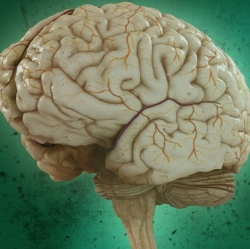
Brain tests at the age of 3 appear to predict a child’s future chance of success in life, say researchers. Low test scores for skills like language indicate less developed brains, possibly caused by too little stimulation in early life. These youngsters are more likely to become criminals, dependent on welfare or chronically ill unless they are given support.
Their study in New Zealand appears in the journal, Nature Human Behaviour. The US researchers from Duke University say the findings highlight the importance of early life experiences and interventions to support vulnerable youngsters.
Although the study followed people in New Zealand, the investigators believe that the results could apply to other countries. They followed the lives of more than 1,000 children. Those who had low test scores for language, behavioural, movement and cognitive skills at three years old went on to account for more than 80% of crimes, required 78% of prescriptions and received 66% of social welfare payments in adulthood.
It is known that disadvantaged people use a greater share of services. While many of the children in the study who were behind in brain development came from disadvantaged backgrounds, poverty was not the only link with poor futures.
When the researchers took out children below the poverty line in a separate analysis they found that a similar proportion of middle class children who scored low in tests when they were three also went on to experience difficulties when they were older.
The researchers stress that children’s outcomes are not set at the age of three. The course of their lives could potentially be changed if they receive support later in life, for example through rehabilitation programmes when they are adults.
